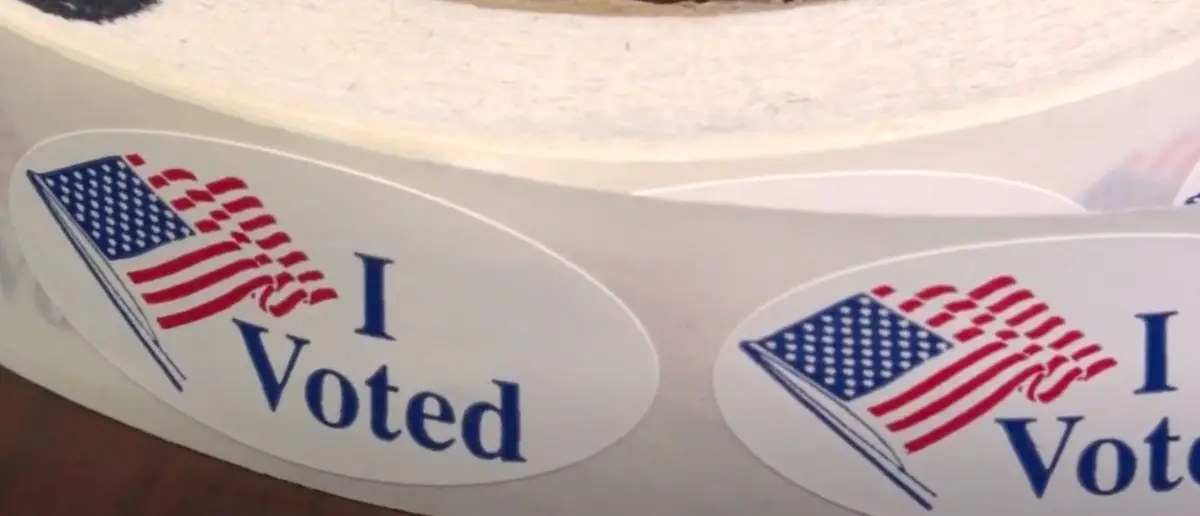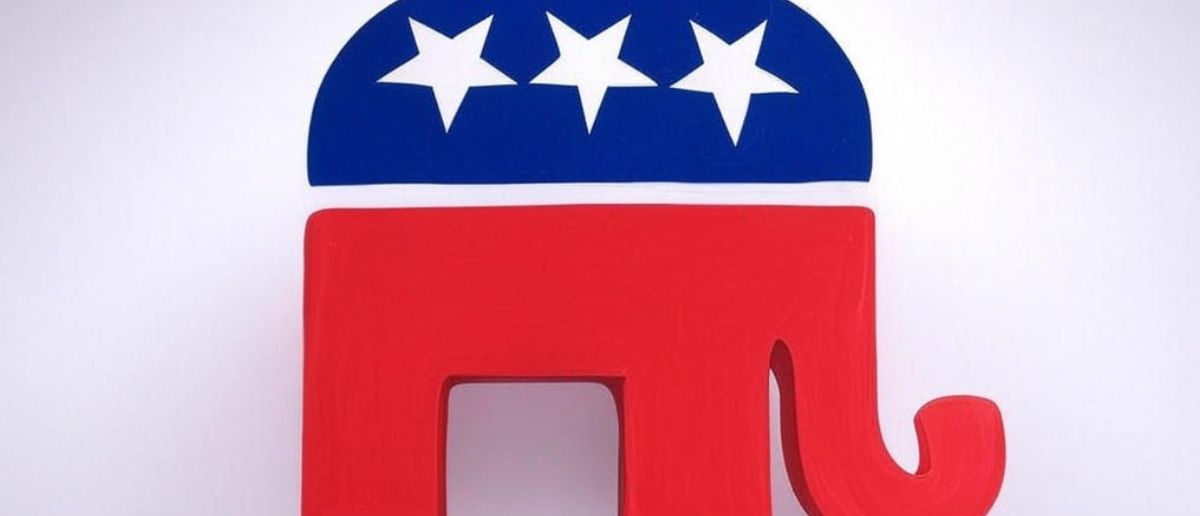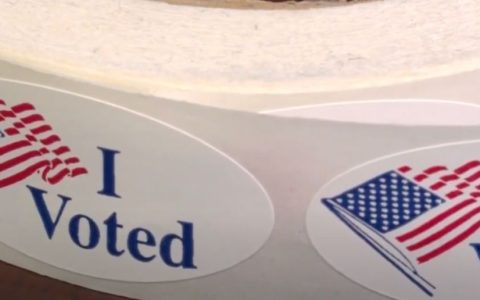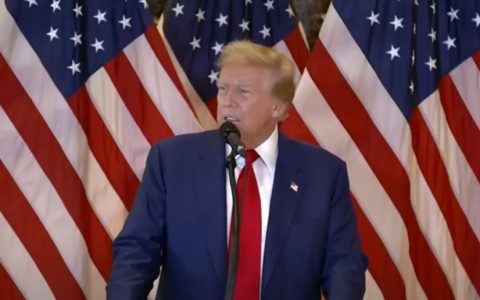
The Trump administration has been full-steam ahead in reforming immigration. Rogue Judges have been getting in the way.
And now the U.S. Supreme Court has settled the dust on a hot immigration fight once and for all.
Supreme Court Green-lights Deportation Push to Secure America’s Frontiers
The Trump administration is taking decisive action to fortify the nation’s borders, and the Supreme Court has just handed them a pivotal victory. On Monday, the high court granted the administration’s request to lift a lower court’s injunction, allowing the Department of Homeland Security (DHS) to end Temporary Protected Status (TPS) for approximately 300,000 Venezuelan nationals. This move is a cornerstone of President Trump’s mission to restore order and security to a border overwhelmed by years of lax policies. Liberal Justice Ketanji Brown Jackson, appointed by Biden, stood alone in her public dissent, highlighting the ideological divide on this issue.
The Supreme Court’s ruling empowers DHS to proceed with revoking TPS, clearing the path for deportations if these Venezuelan nationals do not voluntarily leave the U.S. This decision marks a significant step toward reasserting control over immigration policy, which the Trump administration argues has been undermined by decades of misuse. By prioritizing national security, the administration is addressing the chaos inherited from the Biden era, when unchecked migration strained communities and resources across the country.
TPS, established by Congress in 1990, was intended to offer temporary deportation protections and work eligibility to foreign nationals from countries facing crises like war or natural disasters. However, the Trump administration contends that the program has been stretched far beyond its original purpose, becoming a loophole for illegal immigration. Over the years, extensions have been granted repeatedly, allowing hundreds of thousands to remain in the U.S. indefinitely, even as conditions in their home countries stabilized.
The urgency of this issue came to a head when DHS Secretary Kristi Noem, shortly after taking office, announced the reversal of a last-minute TPS extension granted by the Biden administration. That extension would have shielded Venezuelan nationals from deportation until April 7. A California federal judge attempted to block Noem’s order in March, claiming that terminating TPS could disrupt the economy. The Trump administration swiftly countered, appealing to the Supreme Court to uphold their authority to enforce immigration laws.
The Supreme Court’s brief was clear: “Should certiorari be denied, this stay shall terminate automatically. In the event certiorari is granted, the stay shall terminate upon the sending down of the judgment of this Court.” This temporary stay allows the administration to move forward while the legal battle continues, reinforcing their commitment to decisive action. The ruling is a testament to the administration’s resolve to prioritize American citizens and secure the nation’s borders.
Venezuela’s economic collapse under socialist President Nicolas Maduro has driven millions to flee, with hundreds of thousands crossing into the U.S. during the Biden administration, according to Customs and Border Protection data. This mass migration has overwhelmed border facilities and local communities, creating a humanitarian and security crisis. The Trump administration is determined to address this influx head-on, ensuring that immigration policies serve the interests of the American people.
Compounding the issue, dangerous elements have exploited this migration wave. Members of Tren de Aragua, a notorious Venezuelan prison gang, have infiltrated the U.S., establishing a criminal presence in multiple states. These gang members have been linked to violent crimes, including deadly shootings, home invasions, and even seizing control of apartment complexes. The Trump administration’s push to end TPS is part of a strategy to root out such threats and restore safety to American neighborhoods.
The Biden administration’s approach to TPS was marked by repeated extensions, including a 2021 designation for Venezuelans, renewed in 2023, and a final extension on January 10, just days before Trump’s inauguration, set to last until October 2026. These actions, critics argue, turned a temporary program into a permanent fixture, undermining the rule of law. The Trump administration is now dismantling these overreaches, aiming to return TPS to its intended short-term purpose.
DHS has been vocal about the need for reform. “We are returning integrity to the TPS system, which has been abused and exploited by illegal aliens for decades,” a DHS spokesperson declared in February. “President Trump and [DHS Secretary Kristi] Noem are returning TPS to its original status: temporary.” This statement reflects the administration’s unwavering commitment to fixing a broken system and ensuring that immigration policies align with national security priorities.
The Trump administration’s actions extend beyond Venezuelans. In February, they also revoked TPS extensions for Haitian nationals, arguing that the Biden White House had unnecessarily prolonged these protections. This consistent approach demonstrates a clear vision: immigration policies must be enforced with precision and purpose, not perpetuated as open-ended entitlements.
Trump’s Birthright Citizenship Fight Exposes Judicial Overreach
President Donald Trump’s executive order to end birthright citizenship has ignited a firestorm, and the Supreme Court’s recent hearing on the matter proves the battle is far from over. The case zeroes in on a critical issue: the unchecked power of federal judges to slap nationwide injunctions on presidential policies. Trump’s order, which directs federal agencies to deny citizenship to children born in the U.S. unless at least one parent is a citizen or permanent resident, is a cornerstone of his America First agenda. It’s a direct challenge to decades of lax immigration policy, and the administration is fighting tooth and nail to see it through.
The Supreme Court isn’t debating the legality of Trump’s order itself—yet. Instead, the justices are grappling with whether a single federal judge in one district can halt a president’s agenda across the entire nation. Multiple lawsuits, predictably filed in liberal strongholds, prompted judges in three states to issue these sweeping injunctions. The administration argues this is a gross overreach, tying the hands of a duly elected president. Lawyers clashed over the chaos of not having a uniform citizenship standard, with some justices pressing why the focus was on injunctions rather than the order’s substance. The debate laid bare the tension between judicial power and executive authority.
President Trump didn’t mince words, taking to Truth Social on Friday to slam the Supreme Court for bending to liberal pressure. “THE SUPREME COURT IS BEING PLAYED BY THE RADICAL LEFT LOSERS, WHO HAVE NO SUPPORT, THE PUBLIC HATES THEM, AND THEIR ONLY HOPE IS THE INTIMIDATION OF THE COURT, ITSELF. WE CAN’T LET THAT HAPPEN TO OUR COUNTRY!” he wrote. His fiery post came just a day after the court’s oral arguments, where the nationwide injunctions blocking his order were dissected. Trump’s frustration reflects the sentiments of millions who see activist judges as roadblocks to his mandate to secure America’s borders and sovereignty.
The executive order, signed shortly after Trump’s triumphant return to the White House on January 20, is a fulfillment of his campaign promise to tackle birthright citizenship head-on. It’s no surprise that the radical left, desperate to cling to open-border policies, rushed to the courts to challenge it. The injunctions are a textbook example of the left’s playbook: when they can’t win at the ballot box, they turn to unelected judges to impose their will. The Supreme Court’s ruling, expected by summer, could set a precedent that either empowers Trump to execute his agenda—think mass layoffs, funding freezes, and deportations—or emboldens judges to keep meddling in executive power.
If the court sides with the administration, it could dismantle the ability of rogue judges to paralyze presidential policies with a single gavel strike. This would clear the way for Trump to implement his vision without constant judicial interference. The left’s reliance on nationwide injunctions has been a thorn in the side of conservative governance for years, and Trump’s legal team is making a compelling case that these injunctions are an abuse of judicial authority. The justices’ questions during arguments suggest they’re wrestling with the real-world implications of letting one judge dictate national policy.
Stay tuned to the DC Daily Journal.





